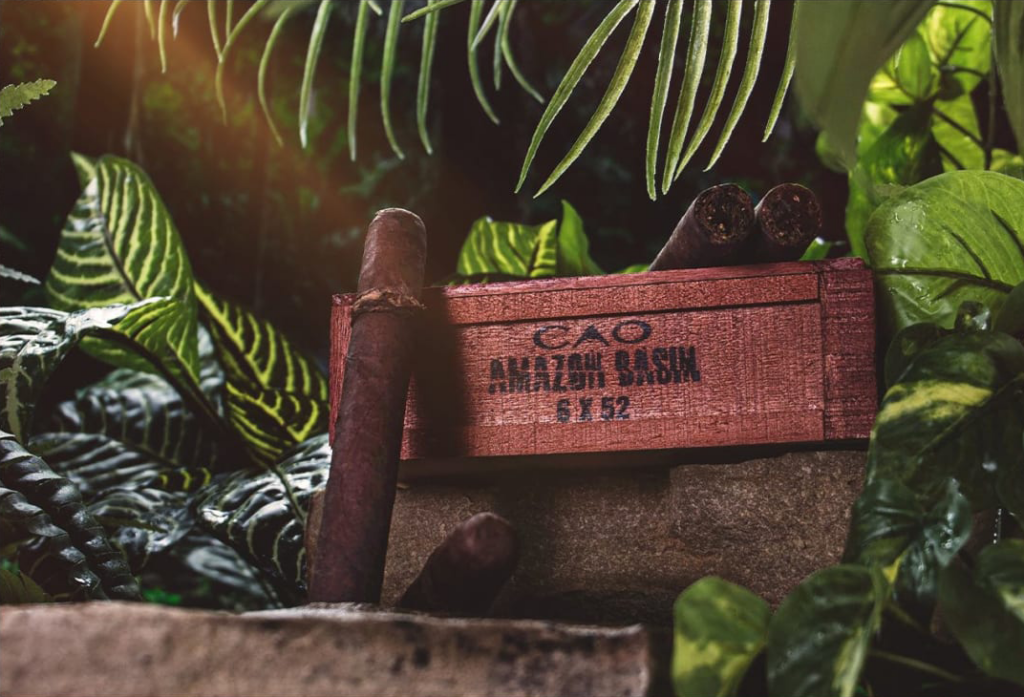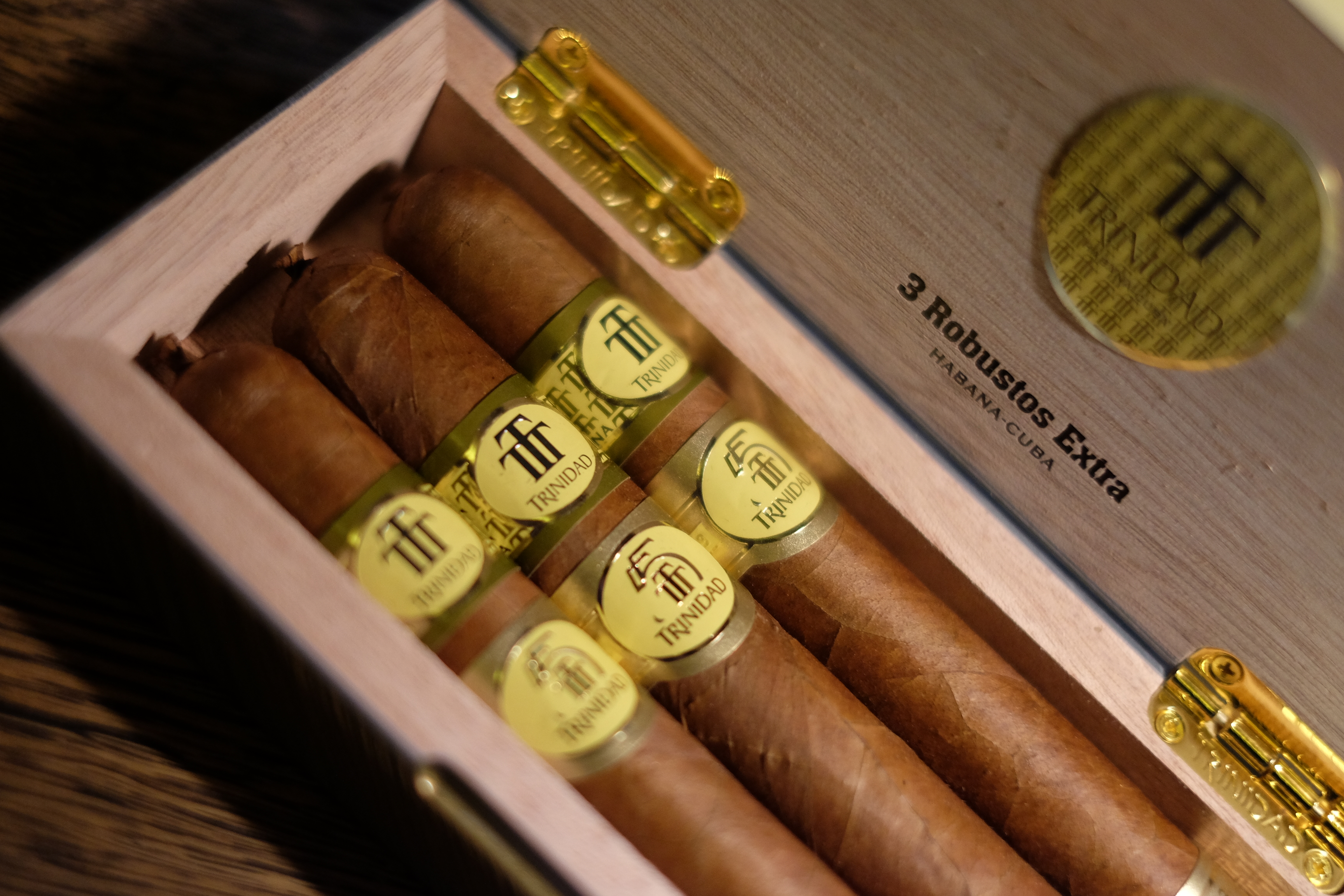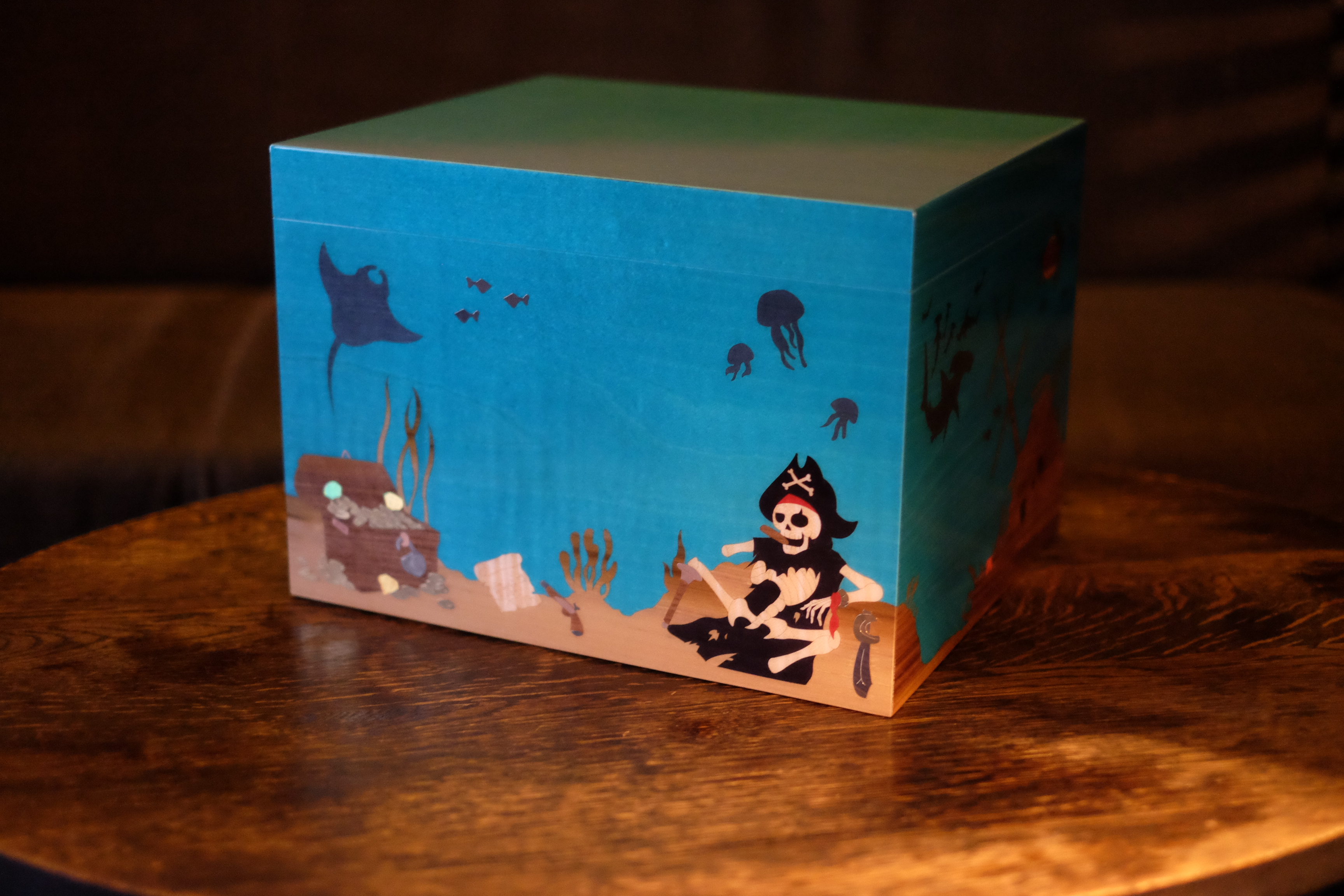Fundstück aus dem Times-Archiv
The Times hat im Internet das komplette Archiv geöffnet. Auch zu Zigarren-Themen lässt sich allerhand Interessantes finden. Der Artikel «What are Havana Cigars?» vom 18. Dezember 1909 beschäftigt sich zum Beispiel mit den Folgen der Aufhebung des kubanischen Importverbots für ausländischen Tabak.
Was passierte, ist hoch interessant: Nach vier Jahren enthielten über 70 Prozent der kubanischen Zigarren ausländischen Tabak – trotz hoher Einfuhrsteuern. Dazu die berechtigte Frage des Journalisten: «Where, now, is the sacro-sanctity of the Havana cigar?»
Ein britischer Zigarrenfabrikant kommt zu Wort, der erklärt, dass seine in England gefertigten Havannas davon nicht betroffen seien. Bereitwillig bietet The Times dem Hersteller auch Platz, um eine geschäftsschädigende «Fabel» aus der Welt zu räumen:
The statement that Havana tobacco is prejudiced by the fact that it comes into England dry and has to be moistened before it can be made into cigars is a fable. Who started this fable is not known, but it has been so widely and repeatedly circulated by obviously interested parties that it is time it was exposed.
Havana tobacco goes into the cigar factories in Havana in exactly the same state as it goes into English cigar factories-viz., dry, and in bales. The leaf is moistened before being made ilnto cigars so that the stem, or midrib, can be removed from it without damaging the leaf, just the same in Havana as in England.
The use of the smallest modicum of common sense only is needed to appreciate this point. Tobacco is a vegetable, and if it were not dried before being packed into the bales in which the cigar manufacturer buys it from the farmer, it would simply mildew and rot, and be fit only for what in England is termed “leaf mould.”
(The Times Archiv via roloblog)


